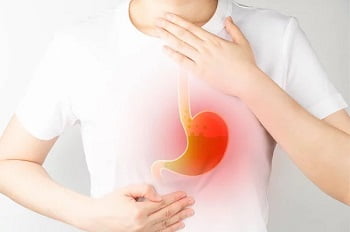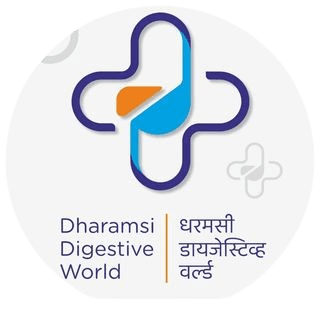Alleviating Acidity

Treatments
Alleviating acidity
Alleviating acidity typically involves managing symptoms associated with acid reflux or gastroesophageal reflux disease (GERD), which occur when stomach acid flows back into the esophagus, causing irritation and discomfort. Here's a detailed explanation of strategies to alleviate acidity:
Lifestyle Modifications

Dietary Changes
Avoid Trigger Foods
Spicy, acidic, fatty, or fried foods can exacerbate acidity. Identify and avoid foods that trigger symptoms.
Eat Smaller, Frequent Meals
Large meals can increase stomach pressure and promote acid reflux. Opt for smaller, more frequent meals throughout the day.
Maintain a Healthy Weight
Excess weight can put pressure on the abdomen and contribute to acid reflux. Maintain a healthy weight through diet and exercise.
Limit Alcohol and Caffeine
Alcohol and caffeine can relax the lower esophageal sphincter (LES), allowing stomach acid to reflux into the esophagus. Limit consumption of alcohol and caffeinated beverages.
Elevate Head while Sleeping
Use extra pillows or raise the head of your bed to elevate your head and upper body while sleeping. This can help prevent acid reflux during the night.

Hydration
Stay Hydrated: Drink plenty of water throughout the day to help dilute stomach acid and maintain proper digestion.

Timing of Meals
Avoid Eating Before Bed: Allow at least two to three hours between your last meal and bedtime to reduce the risk of nighttime acid reflux.

Quit Smoking
Smoking can weaken the LES and increase the risk of acid reflux. Quit smoking to improve overall health and alleviate acidity symptoms.

Dietary Adjustments
Low-Acid Foods
Incorporate Low-Acid Foods: Choose fruits and vegetables that are low in acidity, such as bananas, melons, apples, and leafy greens.
Fiber-Rich Foods
High-fiber foods like whole grains, legumes, fruits, and vegetables can help regulate digestion and reduce symptoms of acidity.
Alkaline Foods
Some alkaline foods may help neutralize stomach acid and alleviate acidity symptoms. Examples include almonds, oatmeal, bananas, and ginger.
Over-the-Counter Medications
Antacids
Antacids can provide quick relief by neutralizing stomach acid. Common antacid ingredients include calcium carbonate, magnesium hydroxide, and aluminum hydroxide.
H2 Blockers
Histamine-2 (H2) receptor antagonists, such as ranitidine and famotidine, can reduce the production of stomach acid and alleviate acidity symptoms. They provide longer-lasting relief compared to antacids.
Proton Pump Inhibitors (PPIs)
PPIs, such as omeprazole, lansoprazole, and esomeprazole, block the production of stomach acid and are effective for treating frequent or severe acid reflux symptoms. They are typically used for short-term relief or as maintenance therapy for GERD.


Herbal Remedies
Ginger
Ginger has anti-inflammatory properties and may help alleviate acidity symptoms. Try drinking ginger tea or chewing on a small piece of fresh ginger root.
Chamomile
Chamomile tea is known for its calming properties and may help soothe the digestive system. Drink chamomile tea between meals to alleviate acidity symptoms.
Stress Management
Stress Reduction Techniques
Practice stress-reducing activities such as meditation, yoga, deep breathing exercises, or mindfulness to help reduce stress-related acidity symptoms.


Medical Treatment
Prescription Medications
In severe cases of GERD or acid reflux, prescription medications such as PPIs or prokinetics may be prescribed by a healthcare provider to manage symptoms and prevent complications.
Surgery
In rare cases where lifestyle modifications and medications are ineffective, surgical interventions such as fundoplication may be considered to reinforce the lower esophageal sphincter and prevent acid reflux.

